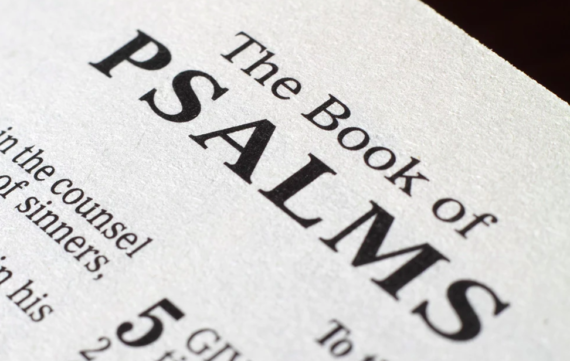Psalm 25
This is a powerful and a popular Psalm, one of the few that 21st Century Christians sing with any regularity. It is one that we might feel would be best read rather than commented upon.
It is an acrostic psalm, and that may contribute to its tendency to mention a subject, then go on to another subject and then return. Basically, this psalm has a single theme with three subdivisions (each of which is repeated). A spirit of patient expectation and dependence permeates this psalm. The writer “waits on the Lord” (3, 21), and lifts up his soul to the Lord.
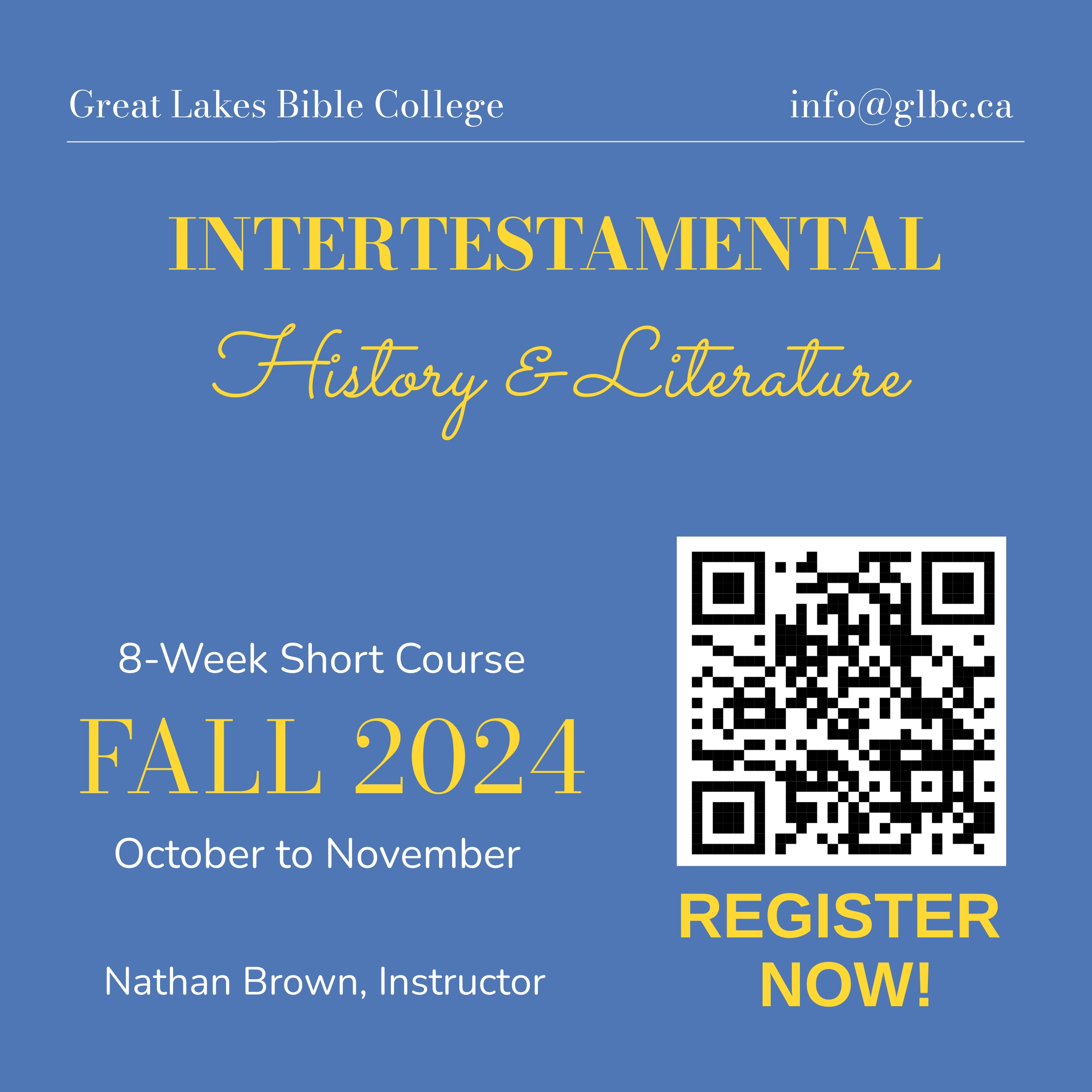
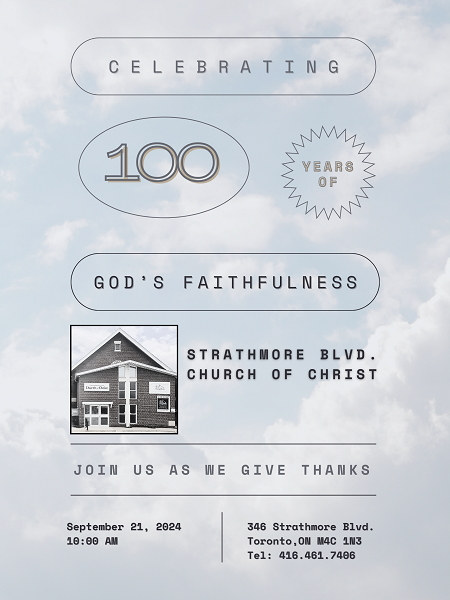

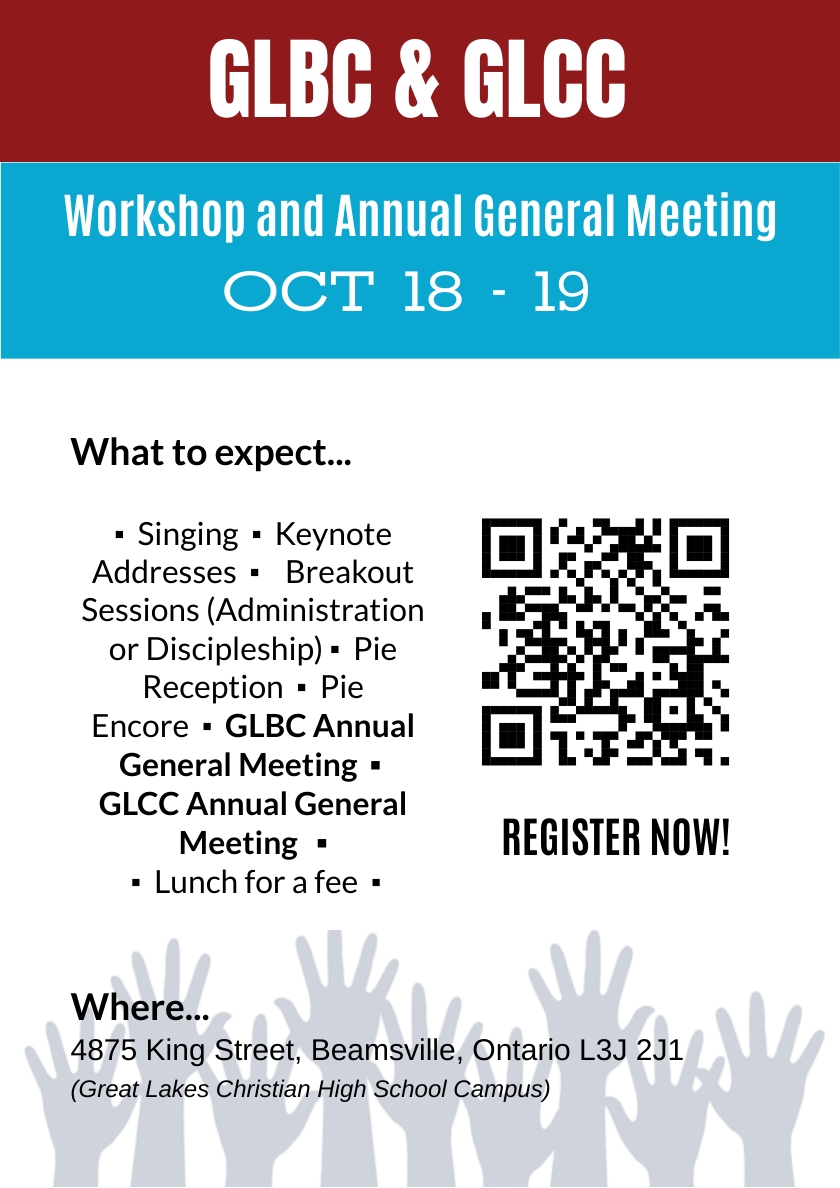

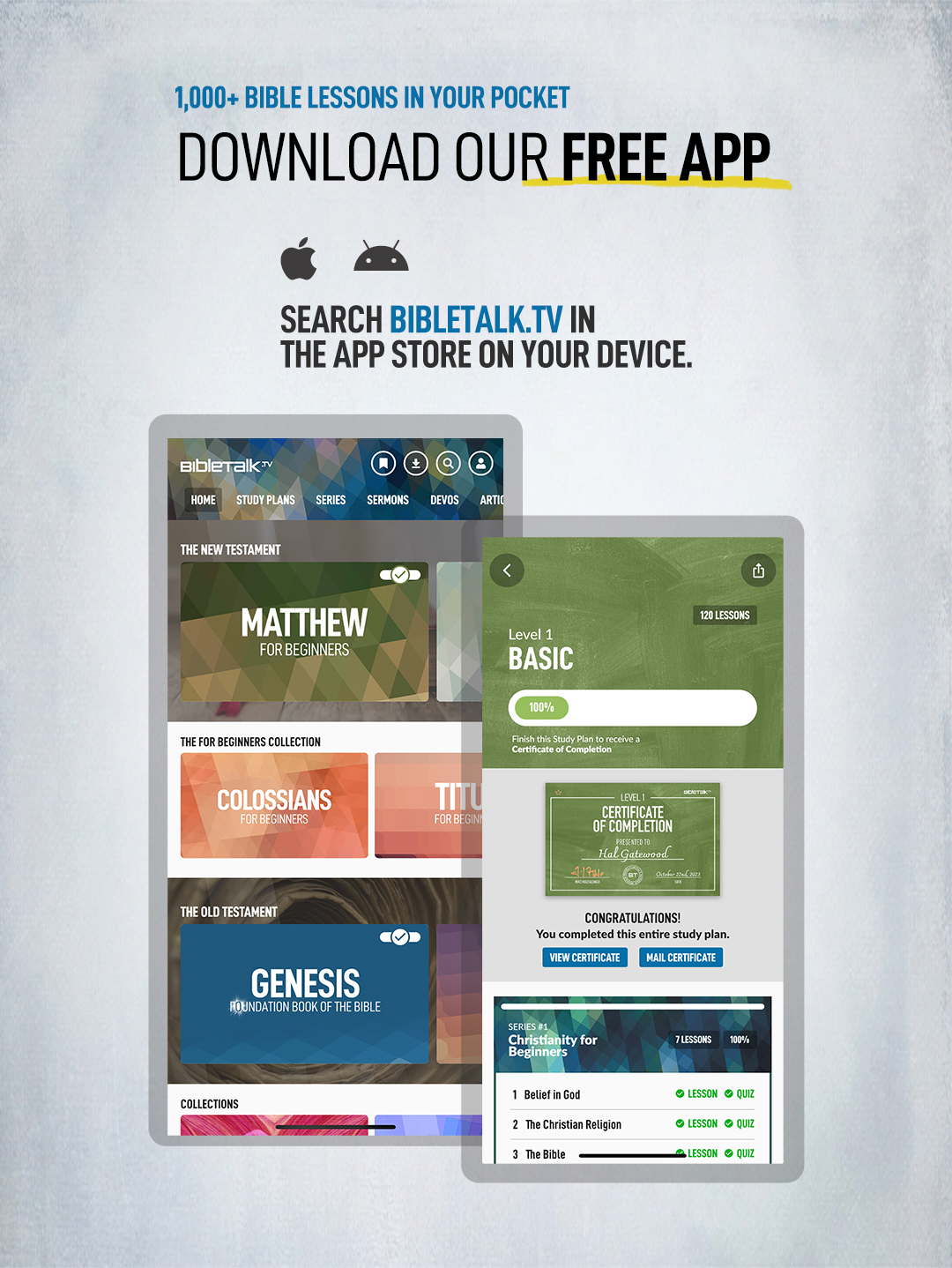






Protection
We are to lift up our souls to the Lord for protection. Protection is mentioned in verse two and in 15-21.
“O my God, in you I trust; let me not be put to shame; let not my enemies exult over me’ (2).
15 “My eyes are ever toward the Lord, for he will pluck my feet out of the net. 16 Turn to me and be gracious to me, for I am lonely and afflicted. 17 The troubles of my heart are enlarged; bring me out of my distresses. 18 Consider my affliction and my trouble, and forgive all my sins. 19 Consider how many are my foes, and with what violent hatred they hate me. 20 Oh, guard my soul, and deliver me! Let me not be put to shame, for I take refuge in you. 21 May integrity and uprightness preserve me, for I wait for you” (15-21.
We seek protection in all kinds of ways — mainly by seeking to defend ourselves. There is nothing wrong with praying and locking the door. But there is something wrong with having greater reliance in the strength of our locks than on the Lord. Some of our efforts to defend ourselves may become counterproductive. Proverbs 17:19 warns us, “…he who makes his door high seeks destruction.”
An unwillingness to seek protection could indicate arrogance. We need protection. There is plenty that is beyond our control. We must lift up our souls for protection from God.
Instruction
We are to lift up our souls to the Lord for instruction. The need for instruction is indicated in verses 1-5, 8-9, and again in 12-14.
“Make me to know your ways, O Lord; teach me your paths. 5 Lead me in your truth and teach me, for you are the God of my salvation; for you I wait all the day long” (4-5).
“Good and upright is the Lord; therefore he instructs sinners in the way. 9 He leads the humble in what is right, and teaches the humble his way” (8-9).
“Who is the man who fears the Lord? Him will he instruct in the way that he should choose. 13 His soul shall abide in well-being, and his offspring shall inherit the land. 14 The friendship of the Lord is for those who fear him, and he makes known to them his covenant” (12-14).
Too often we want material things from the Lord, but knowing the Lord is not a high priority with us. People want eternal life — which they define as living forever — but that is wrong. To know God is eternal life, according to Jesus (John 17:3).
Even those who do want to know God often seek that knowledge mainly by academic means. The Bible is worthy of serious academic study, and the methods we use for studying it are a major concern. But the spirit in which we approach God is as important as the methods we use.
We must avoid arrogance. The arrogant do not learn. It is those who on friendly terms with the Lord (12-14) who will know (cf Proverbs 1:7 and Proverbs 3:5-6).
Forgiveness
We are to lift up our souls to the Lord for forgiveness. This is expressed in 1-7, 11, and at the end of verse 18.
“Remember your mercy, O Lord, and your steadfast love, for they have been from of old. 7 Remember not the sins of my youth or my transgressions; according to your steadfast love remember me, for the sake of your goodness, O Lord!” (6-7)
“For your name’s sake, O Lord, pardon my guilt, for it is great.” (11)
“Consider my affliction and my trouble, and forgive all my sins.” (18)
Recognising our need for forgiveness may be our greatest need of all. Too many discussions of wrongdoing become justification of the wrongdoing. The humble attitude that is shown throughout this Psalm cannot exist in a person who considers themselves righteous before God.
The need for protection, instruction and forgiveness are three fundamental needs. The Lord is the only reliable source for them.
Let us lift up our souls to him.

